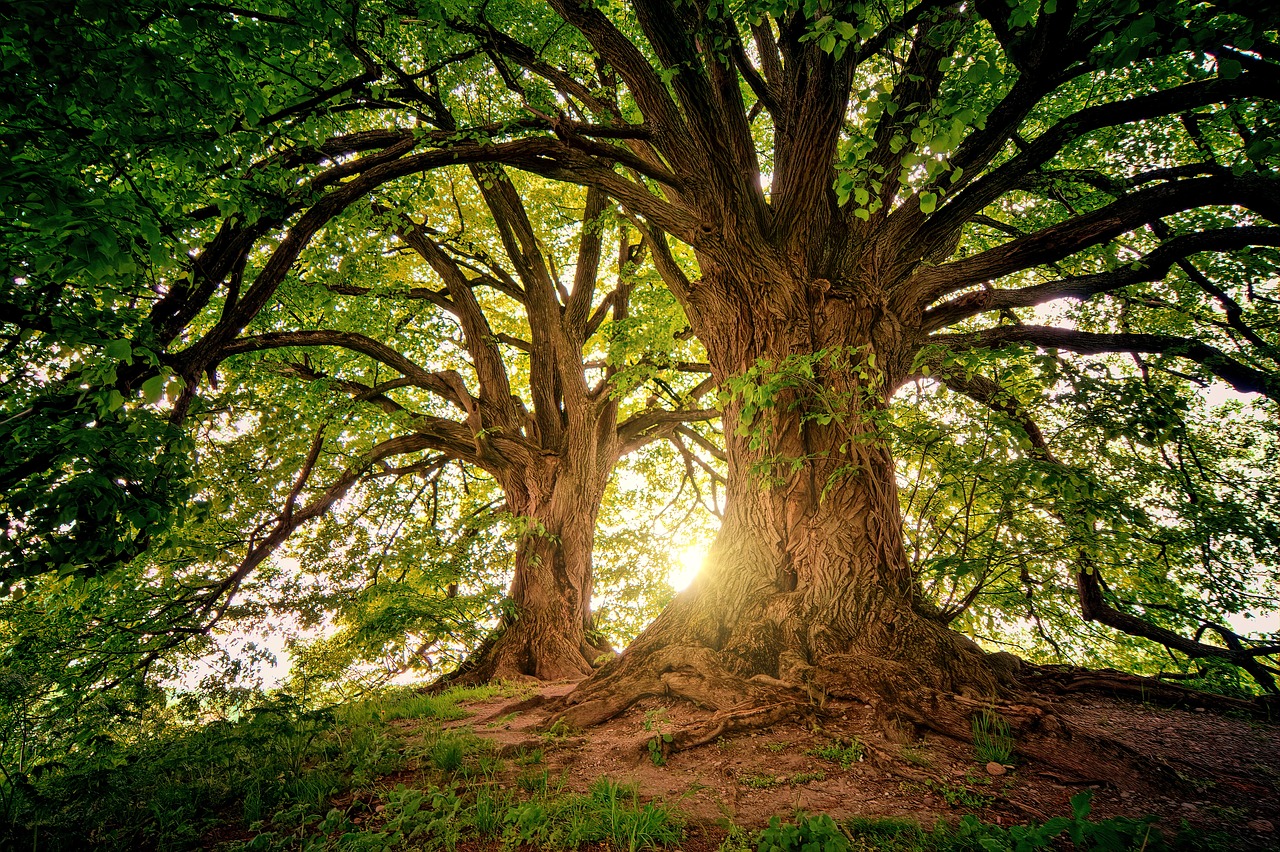Nature. It’s good for you.
For some, it might mean spending time by a quiet stream. For others, it’s appreciating the crashing waves pounding a particular beach. Yet others look forward to heading down their favorite garden or woodland path.
Generally, nature experiences can be defined as “perceptions and/or interactions with stimuli from the (from potted plants and private gardens to more expansive public green space and wilderness, weather, and the movements of the sun) through a variety of sensory modalities (sight, hearing, taste, touch, and smell)” (Hartig et al., 2011 as cited by Bratman et al., 2019).
It doesn’t matter how you get your nature fix, experts say. It just matters that you get some exposure to nature. Benefits have even been shown by just looking out a window. Peering through the glass to appreciate nature lowers blood pressure, cortisol (a stress hormone), and heart rate.
Further, a view of nature is associated with increased life satisfaction and well-being, attention restoration, and stress recovery (Dravigne et al., 2008, Gilchrist et al., 2015, Li and Sullivan, 2016, Chang et al., 2020, as cited by Soga et al., 2021).
Indeed, researchers have investigated the relationship between populations and nearness to nature, whether marine or green space, street trees, or private gardens (Bratman et al., (2019). Research has shown that nature experiences are associated with better sleep and less stress. Getting better sleep can eliminate a significant risk factor for mental illness, especially depression (Hammen, 2005).
Researchers Soga et al. (2021) examined associations between five mental health outcomes, specifically depression, life satisfaction, subjective happiness, self-esteem, and loneliness, and two measures of nature experiences: visiting an urban green space and viewing nature through a window at home.
They surveyed 3000 Tokyo residents in June with the logic that the temperate season would encourage more nature experiences. After allowing for socioeconomic and demographic factors, Soga (2021) found that both nature experiences were associated with reports of higher self-esteem, life satisfaction, and happiness and lower levels of loneliness, depression, and anxiety.
From their findings, Soga et al. (2019) thought there were several ways exposure to nature affects mental health outcomes. They identified significant influencing factors that included added health benefits associated with interacting with nature, exposure to multi-sensory experiences such as hearing bird songs or smelling flowers, increased exercise (called green exercise), and social interactions that can decrease loneliness while increasing well-being.
With so many benefits, it’s a no-brainer that we should all experience some relationship with nature. Still, timing can be an issue for many who are awash in business meetings, demands of family and friends, or don’t have a convenient way to access nature experiences.
Thankfully, benefits associated with nature experiences can be felt after only 10 minutes in nature (Meredith et al., 2020). After examining data from 155 papers on the subject of nature and its impacts on college-age students, they found individuals with exposure to nature showed significant decreases in blood pressure, a substantial increase in parasympathetic nervous system activity (the responses that keep us calm) and a reduction in sympathetic nervous system activities (those that get us excited).
For more information on mental health and how counseling services at Breathe Easy Therapy Services can give you the tools to manage stress visit us here.
Resources
Bratman, G. N., Anderson, C. B., Berman, M. G., Cochran, B., Flanders, J., Folke, C., Frumkin, H., Gross, J. J., Hartig, T., KahnJr., P. H., Kuo, M., Lawler, J. J., Levin, P. S., Lindahl, T., Meyer-Lindenberg, A., Mitchell, R., Ouyang, Z., Roe, J., Scarlett, L., and Daily, G. C. (2019). Nature and mental health: An ecosystem service perspective. Science Advances. https://doi.org/aax0903
Hammen, C. (2005) Stress and depression. Annual Review of Clinical Psychology. (1), 293–319.
Meredith, G. R., Rakow, D. A., Eldermire, E. R., Madsen, C. G., Shelley, S. P., & Sachs, N. A. (2020). Minimum Time Dose in Nature to Positively Impact the Mental Health of College-Aged Students, and How to Measure It: A Scoping Review. Frontiers in Psychology, 10. https://doi.org/10.3389/fpsyg.2019.02942
Soga, M., Evans, M. J., Tsuchiya, K., & Fukano, Y. (2021). A room with a green view: The importance of nearby nature for mental health during the COVID‐19 pandemic. Ecological Applications, 31(2). https://doi.org/10.1002/eap.2248





